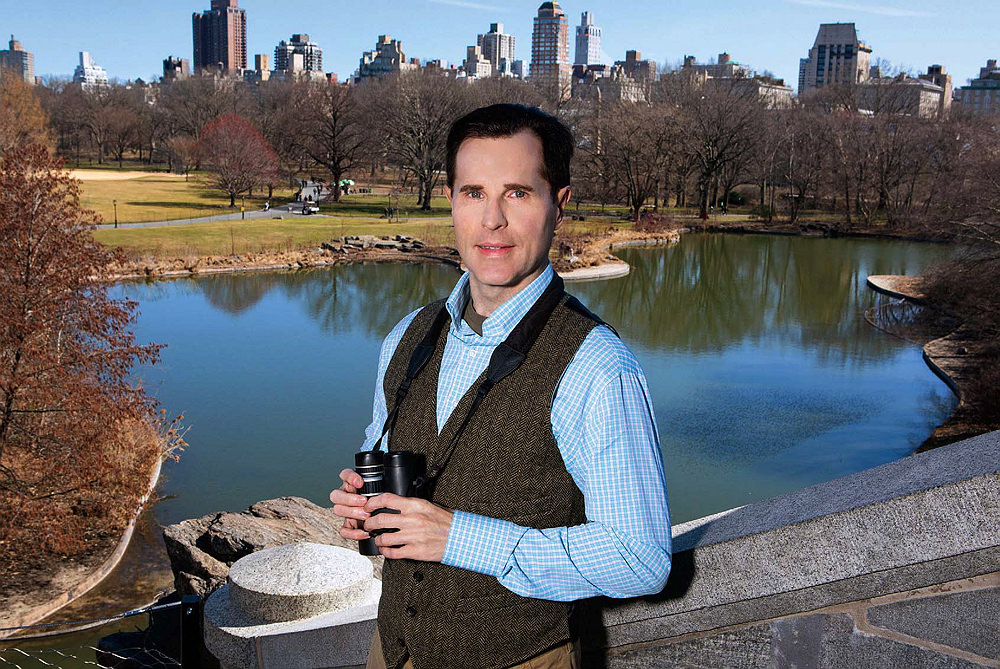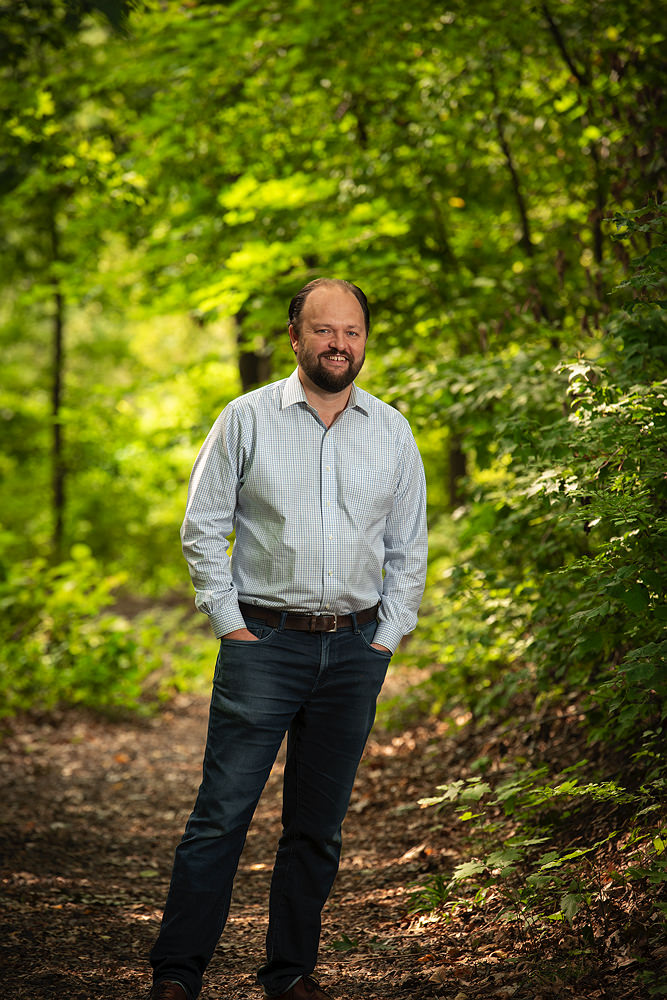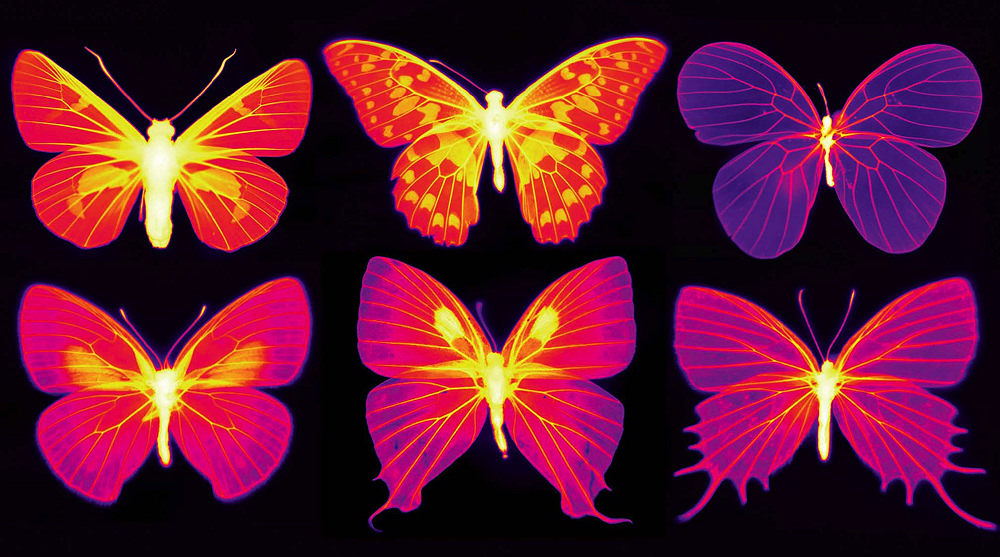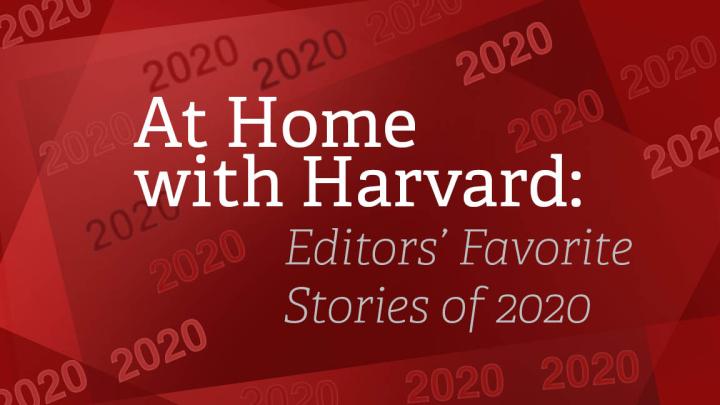Our editors take great care in choosing story topics for every issue. While some events from this year accounted for much of our web traffic (need one say “COVID”?), other articles brought our readers joy or provoked good, critical thought. Below, the editors share their pick(s) for their favorite(s) from the year. We hope you enjoy them just as much as we did.
"The Extinction of the Press"
“There’s only one private enterprise that is mentioned in the United States Constitution and it’s the press.” Martha Minow, former Law School dean and 300th Anniversary University Professor, is concerned about structural changes in the media landscape that the Founders of the United States could not have foreseen: social media, segregation of beliefs, and the demise of local newspapers. The devastating cutbacks in newsrooms across the nation are unhealthy, because democracy relies on an informed populace. Nurturing a healthy press is therefore a vital project, as author Erin O’Donnell describes in this story, and will require a variety of solutions, including government support—for which there are many precedents in American history. (For more on innovative ways to foster essential journalism, see the feature, “Renewing the News.”)
~Jon Shaw, Managing Editor
"From Neither Here Nor There"
Lydialyle Gibson works incredibly hard to get to know her subjects: what in their lives, which of their passions, drives them. Her feature on sociologist and ethnographer Roberto Gonzales, who has documented the lives of illegal immigrants, is a model of the form, full of intensely human stories about people who lead an existence “Ni de aquí, ni de allá”: from neither here nor there. His book, Lives in Limbo, is, as Jose Antonio Vargas wrote in the foreword, “about stories of belonging and wanting to belong”: a fundamental human need. Bringing that story forward, during a time of intense national division over migration and immigrants, bridges the gap between politics and policymaking, and the humans caught in the middle, through no fault of their own. Gibson weaves into her account of the scholarship Gonzales’s own upbringing and now his teaching, intellectually grounded but infused with the greatest personal stakes imaginable. It is hard to forget a student’s final assignment, a poem with the lines, “I am from uncertain futures but hopeful spirits/ I am neither and both from there and from here/And one day I will be home.”
~John S. Rosenberg, Editor
"The Early Bird"

Barrett at a favorite birding site overlooking Turtle Pond, in Central Park, with Manhattan’s Upper East Side beyond
Photograph by Robert Adam Mayer
I really enjoyed this profile of David Barrett, a dogged and enthusiastic New York birdwatcher who helped turn an exotic duck into a national sensation.
~Jacob Sweet, Associate Editor
"Permission to Know" and "Will Truth Prevail"
Both Julie Chung and Drew Pendergrass, our 2019-2020 Ledecky Undergraduate Fellows, were seniors during their year on staff. In “Permission to Know,” Julie, a social-anthropology concentrator, linked her discipline’s sometimes fraught past and present to a challenging summer of thesis research in Hawaii. Drew, a joint concentrator in physics and mathematics, examined the role of scientists in the public square in “Will Truth Prevail?” Their thoughtful, thought-provoking, and very personal essays grapple with what it means to be an intellectually honest, socially and ethically responsible scholar.
~Jean Martin, Senior Editor
"One Small Step for Music" and "The Conservative"

Ross Douthat sees American society stagnating amid tired culture wars and a gridlocked political system.
Photograph by Stu Rosner
The First story delved into the work of Peabody professor of music Alexander Rehding, highlighting the joys of intellectual curiosity and the importance of allowing one’s brain to grow unimpeded by what we “should” be learning. I also really enjoyed the Ross Douthat feature. It is an important contribution to the cause of furthering a deeper understanding of diverse perspectives during these complex political times.
~Nell Porter Brown, Assistant Editor
"The Mystery of Mathematics"
Many readers might have missed "The Mystery of Mathematics," a wonderful and lively review of the recent book, Mathematics for Human Flourishing, by Francis Su, Ph.D. ’95. “Real math isn’t about memorizing arcane terminology, or following a set of rules and procedures laid out centuries ago, and has as much to do with workbooks and long division as real writing has to do with diagramming sentences or memorizing vocabulary,” our reviewer, Jacob Barandes, writes. “Real math is a quest driven by curiosity and wonder.” If you liked math in school, this piece will ring true and delight you. If you didn’t, that may have been because of how it was taught, and this review might just giving you a new way of thinking about it.
~Marina Bolotnikova, Associate Editor
"Butterfly Wings in a New Light"

Butterflies of six different species, photographed in infrared wavelengths, reveal patterns unseen in visible light.
Image courtesy of Naomi Pierce and Nanfang Yu
I loved this story by Bennett McIntosh, “Butterfly Wings in a New Light.” In a year filled with dire news on seemingly every front, this brief account of scientists’ surprising discovery about how butterflies interact with infrared light and “just how alive [their] wings really are” felt both delightful and profound. It’s a story about one small detail of insect biology, but it’s also about new knowledge and conventional wisdom and the vastness of what remains unknown. Plus, who could resist a story that contains the phrase “wing hearts”?
~Lydia Gibson, Associate Editor
More from “At Home with Harvard”
- Spring Blooms: Your guide to accessing the Arnold Arboretum as the seasons turn in Boston
- Harvard in the Movies: Our favorite stories about Harvardians on screen
- The Literary Life: Our best stories about the practice and study of literature
- Night at the Museum: Our coverage of Harvard’s rich museums and collections
- Nature Walks: Walking, running, and biking in Greater Boston’s green spaces, even while social distancing
- Supporting Local Businesses: Our extensive coverage of local restaurants and retailers, and how you can support them during this time of crisis
- Medical Breakthroughs: Our best stories going deep into the ideas and personalities that will shape the medical care of tomorrow
- Rewriting History: From race and colonization to genetics and paleohistory, our favorite stories about the people reshaping the study of history
- The Climate Crisis: Highlights from our wide-ranging coverage of the environment
- Crimson Sports Illustrated: With 2020 winter sports ending early and the spring collegiate season wiped out almost entirely, we look back at Crimson highlights from past years.
- The Real History of Women at Harvard: Stories covering the admission of women, the Harvard-Radcliffe merger, the rise of women in the faculty ranks, Harvard’s first woman president, and more
- The Undergraduate: Our favorite student essays on the undergraduate experience
- The Secret Lives of Animals: From zoology and evolutionary science to animal-rights law to the joys of local wildlife, a selection of our favorite animal stories
- Harvard on the Small Screen: Our coverage of the creators, writers, and actors in your favorite TV shows
- Extraordinary Lives: From our “Vita” section, extraordinary profiles of authors, artists, activists, and more
- Great Legal Minds: Our favorite stories on the minds reshaping American law
- Harvard History through a New Lens: Some of our most notable stories about obscure, dark, or surprising episodes in Harvard’s history
- Health and Fitness: Our extensive coverage of Harvard’s breakthough health and wellness research
- Pride Month: Stories of Harvard's LGBTQ life, research and history
- Inequality in America: Stories of America’s extreme inequality
- The Immigrant Experience: A selection of our writing on immigration, displacement, and the global refugee crisis
- Harvard in the World: Harvard Magazine’s coverage of the University’s expanding global reach
- Theater & Broadway: Harvardians take to the stage.
- American Democracy: Our coverage of the nation's ailing democracy
- Traveling for the Story: Stories from all over the world
- Library Treasures: Our coverage of Harvard’s libraries, more relevant than ever in an online world
- Women in Sports: Celebrating women athletes raising the bar in their sports
- Back to School: Our coverage of the freshman experience at Harvard
- Remarkable Alumni: Some Harvard matriculants really took the road less traveled.
- Sounds of Music: A selection of our stories on musicians, composers, conductors, music scholars, and more
- Election Day: Our stories on the forces that shaped the presidential election in a year like no other
- Health Care in America: Our top stories on the crises in American health care
- The Art of the Profile: A selection of our readers’ and writers’ favorite longform profiles
- Our Most Popular Stories of 2020: Our most-read stories from a dynamic, unprecedented year.








